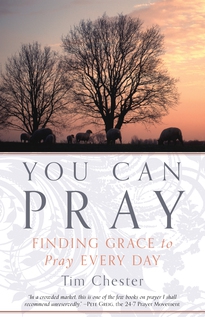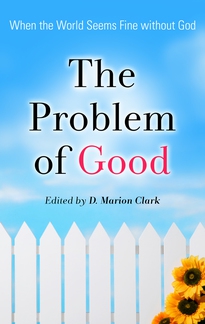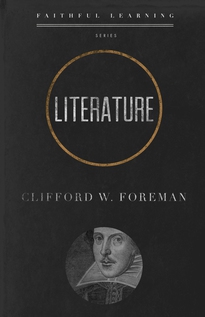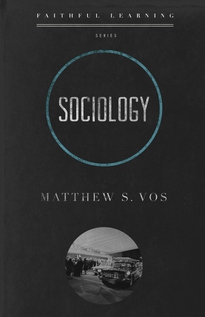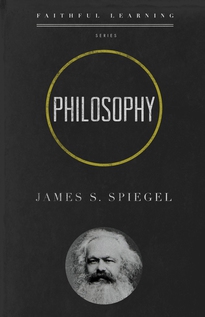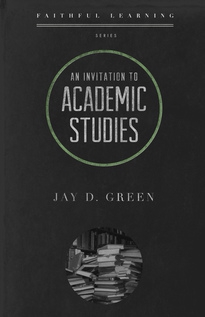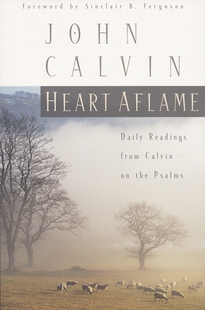Step by Step: Divine Guidance for Ordinary Christians by James C. Petty
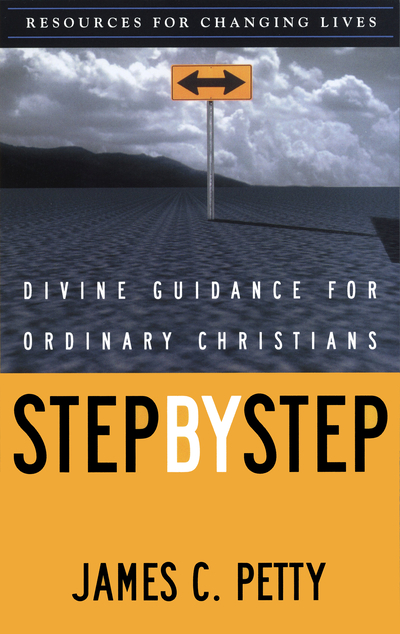
282 pages | $16.99 | Series: Resources for Changing Lives | Published: 1999
Summary: How can I know God’s will for my life? Sifting through confusion about divine guidance, promptings, “fleece,” and inner voices, Petty clearly illustrates how to make biblically wise decisions.
About the Author:
James C. Petty (MDiv and DMin, Westminster Theological Seminary) is Executive Director of The Children’s Jubilee Fund in Erdenheim Pennsylvania.
What Others Say About This Book:
“Step by Step is a fresh, up-to-date, biblical, edifying, and well-written approach to the old but important Christian question: How can I know the will of God for my life? . . . I commend this wise and balanced book to everyone.” – James Montgomery Boice
“. . . a fine book on the wise and God-honoring way to make decisions.” – J. I. Packer
“Disarmingly simple, truly profound. You find yourself hitting your forehead and saying, ‘But of course! That’s exactly what the Bible says.'” – Steve Estes
“. . . avoids the mistake of making biblical guidance look merely academic . . . . many specific examples of how God leads us through perplexing situations.” – John M. Frame
_________________________________________________________________________________
- Like us on Facebook: P&R Publishing
- Follow us on Twitter: @prpbooks
Our mission is to serve Christ and his church by producing clear, engaging, fresh, and insightful applications of Reformed theology.
_________________________________________________________________________________

